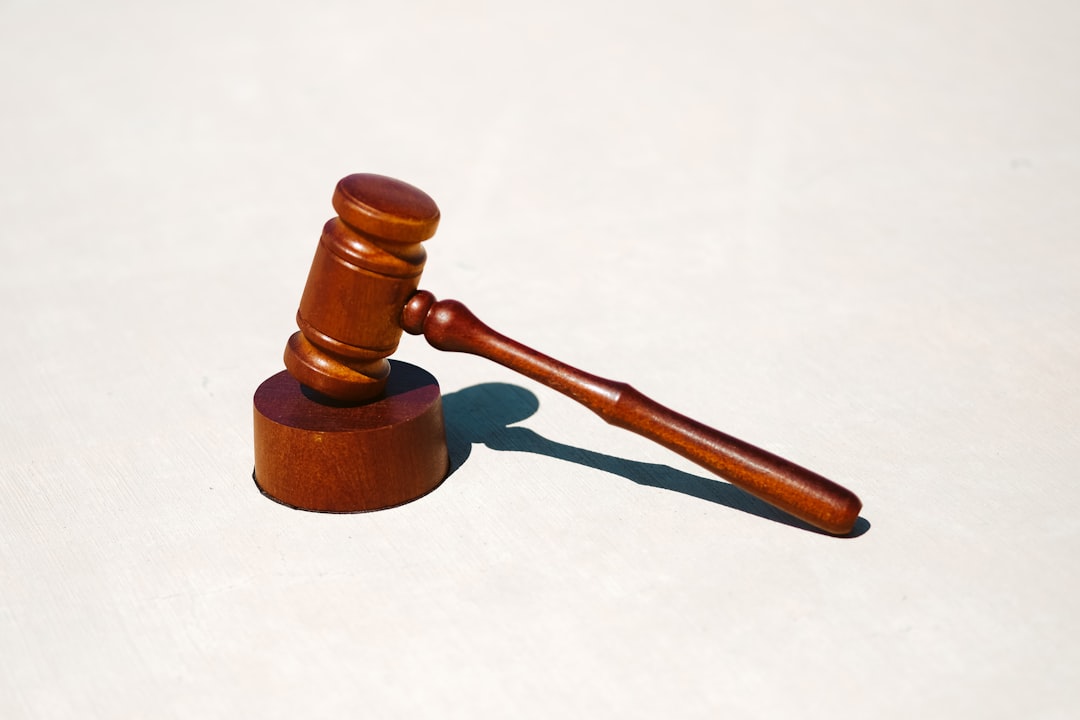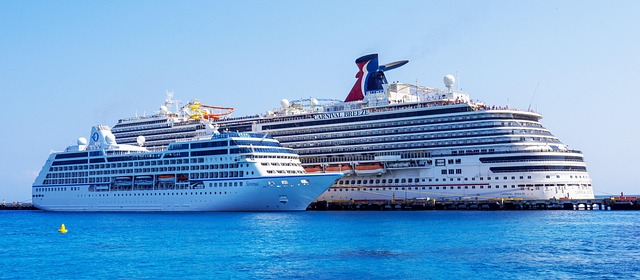Florida's laws and specialized cruise line sexual assault law firms play a critical role in addressing assaults on international ships. These firms help survivors navigate local and international regulations, guide investigations, and pursue civil lawsuits against cruise lines for negligence. Cruise lines are required to implement robust security measures and cooperate with legal proceedings. If you've experienced an assault, prioritize safety, document the incident, report it immediately, and connect with a reputable cruise line sexual assault law firm in Florida for legal guidance and compensation.
In Florida, understanding the legal landscape surrounding cruise ship sexual assaults is crucial for victims seeking justice. With millions flocking to these ‘floating cities’ annually, ensuring safety and holding accountable those who commit crimes is paramount. This article explores Florida’s specific laws regarding cruise line sexual assaults, delving into the responsibilities of cruise lines and steps victims should take. If you’ve been affected, reputable cruise line sexual assault law firms in FL can provide guidance and support.
Understanding Cruise Ship Sexual Assault Laws in Florida

In the context of cruise ship sexual assaults, Florida laws play a crucial role in protecting victims and holding perpetrators accountable. Cruise lines operating within Florida’s jurisdiction are subject to state laws, which have been developed to address unique challenges aboard ships. These laws establish that cruise line companies have a duty of care to protect passengers from potential harm, including sexual assault. Sexual assault cases on cruises often involve complex legal issues due to the ship’s international status and the involvement of multiple jurisdictions.
Florida’s cruise line sexual assault law firms specialize in navigating these complexities. They are well-versed in interpreting local laws and international maritime regulations that apply to such incidents. When a passenger experiences sexual assault while on a cruise, these law firms can guide victims through the legal process, ensuring their rights are protected. They help investigate incidents, gather evidence, and represent clients in civil lawsuits against cruise lines for negligence or failure to provide a safe environment.
The Role of Cruise Line Companies and Their Legal Obligations

Cruise line companies operate in a unique regulatory environment, especially regarding passenger safety and security on their vessels. In the event of a sexual assault, these businesses have specific legal obligations under Florida law. Cruise lines must implement robust security measures to protect passengers from potential harm, including sexual violence. This includes providing trained staff, surveillance systems, and clear emergency protocols.
When a cruise passenger becomes a victim of sexual assault on board, the ship’s crew is responsible for immediately responding to the incident. They should ensure the victim receives medical attention and provide emotional support while documenting all details of the event. Additionally, cruise lines are required to cooperate fully with local law enforcement and assist in any legal proceedings that may follow, facilitating investigations and potential prosecutions through their legal departments or by retaining specialized cruise line sexual assault law firms in FL.
What to Do If You've Been a Victim of Sexual Assault on a Cruise Ship

If you’ve been a victim of sexual assault on a cruise ship, it’s crucial to take immediate action. First, ensure your safety and seek medical attention as soon as possible. Then, document everything—from the time, place, and people involved to any physical evidence. It’s advisable to report the incident to the ship’s security or the captain immediately, preserving the integrity of the evidence.
Next, contact a reputable cruise line sexual assault law firm in Florida. These specialists are equipped to guide you through the legal process, which can be complex given that cruise ships operate under international laws and regulations. They can help protect your rights, ensure justice, and pursue compensation for your suffering.






